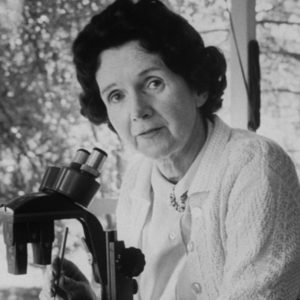Tuesdays and Thursdays 11am-12:30pm in 4-257
HASS-H
No prerequisites.
Enrollment limited to 25.
Click here for the online subject listing
Instructor: Bina Venkataraman, Director of Global Policy at the Broad Institute of MIT & Harvard and Former Obama White House Climate Advisor
How can scientists reach the public with information critical to their lives and to their future? How do the public and policymakers perceive science and scientists, and why? Can we bridge the divide between the findings of science and the decisions being made everyday in our world – to prevent disease outbreaks, fight climate change, and explore the cosmos?
STS.034 invites you to hone the art and practice of communicating science. The goal is to learn both by doing and by critical reflection. In seminars, we delve into current and past examples of science communication – from radio broadcasts to Presidential memos to witness testimony to live storytelling – and investigate what works and what falls short of reaching its intended audience. You’ll tap your creative and your analytical minds to give short talks and try your hand writing an opinion column for a mainstream audience. In workshops, we’ll critique and encourage each other’s writing, and engage in experiments that help you each develop your capacity for making your message heard.
During the course we will read one extraordinary book, Isaac’s Storm by Erik Larson, and a variety of articles and audio and film recordings will be fodder for class discussions. You’ll be invited to be inventive, thinking about how you believe the next generation of science communication should evolve.
By the end of the course, you will have a deeper understanding of a wide range of audiences – from everyday citizens to Congressional leaders to courtroom juries – and of media formats ranging from op-eds to broadcasts to museum exhibitions to Twitter. You’ll know how to navigate opportunities and demands that come your way in the future to communicate about science, and will acquire the framework and tools to engage the public on some of the most important topics of our time.

